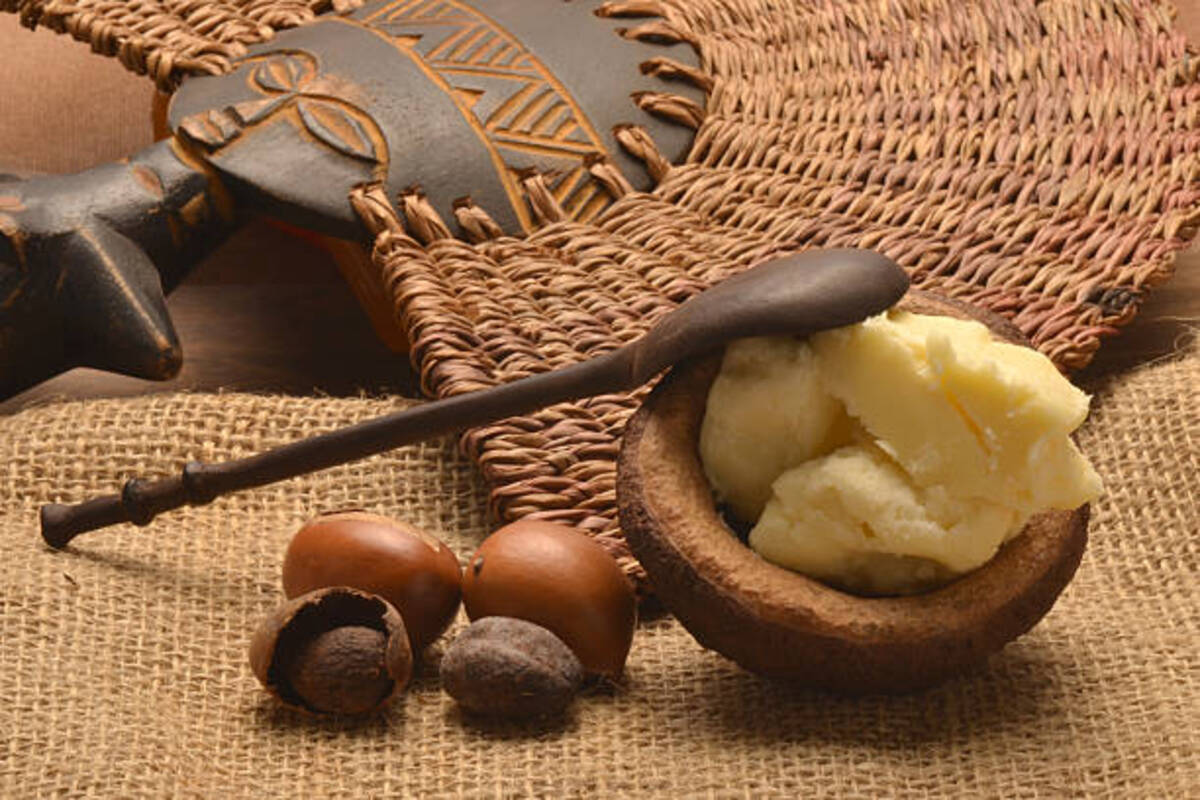Five ways to build a lucrative career as a niche beauty specialist
The beauty industry has always been a beacon for creativity, self-expression, and personal transformation.
The main components of shea butter include oleic acid, stearic acid, linoleic acid, etc. It gets absorbed quickly into the skin as it melts at body temperature. Its moisturizing and healing properties prove beneficial for many skin issues.

Shea butter with the seeds
We all love to care for our hair and if we get any natural way of doing this then we feel very happy. People love to find different ways to keep their hair nourished. We always try hard to look for products with ingredients that promise to instill like back in those dull and limp locks.
Well, have you ever heard of Shea butter? An ingredient that is commonly found in bath and body products. Its highly hydrating and moisturizing qualities could make dry skin feeling smooth and soft.
Advertisement
What is Shea Butter?
Advertisement
Extracted from the nuts of the shea tree (Vitellaria paradoxa) that is native to Africa, shea butter is a fatty oil that exists as a solid at room temperature.
The Karite tree bears the fruits, and the nuts inside the fruits are of prime importance. These nuts are crushed, boiled, and manipulated to extract a light-colored fat, which is commonly referred to as shea butter.
The main components of shea butter include oleic acid, stearic acid, linoleic acid, etc. It gets absorbed quickly into the skin as it melts at body temperature. Its moisturizing and healing properties prove beneficial for many skin issues.
It also has anti-inflammatory and antimicrobial properties (to a certain extent) that can be utilized to treat many ailments. Its similarity to many vegetable oils makes it suitable for ingestion.
History of Shea Butter
The shea tree has naturally inhabited West Africa for centuries, stretching from Senegal to Sudan and up to the foothills of Ethiopia. African history documents mention jars of a rich butter used for skin and hair care being transported during Cleopatra’s reign. Even the Queen of Sheba is said to have used it!
The tree was used to make coffins for the early kings in Africa, and the butter extracted from the nuts was used for its healing and skincare properties. The tree is also considered sacred by many tribes in Africa. It is still extensively used in Africa to protect the skin and hair from the harsh sun and dry winds.
While kneading the extracted oil with the hand was popular earlier, advancements in technology have led to different methods, such as clay filtering and using hexane for the final extraction of shea butter. A few tribes also blend it with palm oil and use it for cooking purposes. This is mostly seen in Northern Nigeria.
Shea Butter Benefits for Skin
#1. Shea Butter Moisturizes the Skin From Deep Within
Chemicals are important ingredients in your regular lotions and creams. In complete contrast to these products, raw shea butter is a 100% natural moisturizer. The hydration lasts long and leaves the skin glowing. For the best results use organic, raw Shea Butter, with natural ingredients and no additives.
#2. Shea butter has anti-aging properties
Raw shea butter has cell-regenerative properties, which softens the skin and reduces wrinkles. The American Journal of Life Sciences performed a clinical study that involved 30 volunteers. It was reported that Shea Butter diminished the various signs of aging. As mentioned above, it is also known to increase collagen production, which is crucial for developing skin strength.
#3. Shea butter is the best solution for winter dryness
The high-fat content in shea butter, its moisturizing and hydrating properties, make it an excellent alternative to using lotions for dry skin during winters. It’s perfect for cracked and dry heels, hands, elbows, and knees.
#4. Shea butter reduces stretch marks
Due to its extensive healing and hydrating qualities, Shea Butter can be used to stop/reduce the appearance of stretch marks and scars. This is possible due to the collagen-producing abilities of shea butter, which help in the formation of new skin.
#5. Shea butter soothes diaper rash
Shea butter can be used as an ointment for diaper rash, be it for your baby or the elderly in the house. It boasts of anti-fungal and anti-inflammatory properties, which help fight off yeast. This is the perfect alternative to avoid those chemical-induced baby creams and ensure ease and restoration of your baby’s healthy skin.
Shea Butter Benefits for Hair
#6. Shea butter helps reduce dandruff
Shea Butter has moisture-sealing properties. It conditions and nourishes the scalp, relieving it of dandruff. Regular use of shea butter protects your hair and scalp from dust and pollution.
How to use shea butter for hair:
You can use it on your scalp, hair, or both like any other oil. Slightly warm the shea butter, only enough to soften it. Rub it thoroughly through your hair and scalp. For best results, leave it on your hair for up to 20–30 minutes. Continue to rinse, shampoo, and condition as you would any other day.
Advertisement